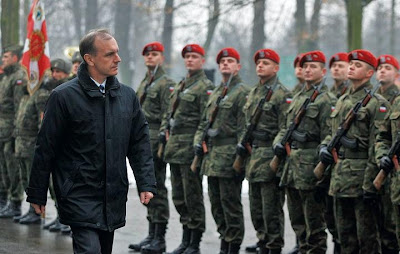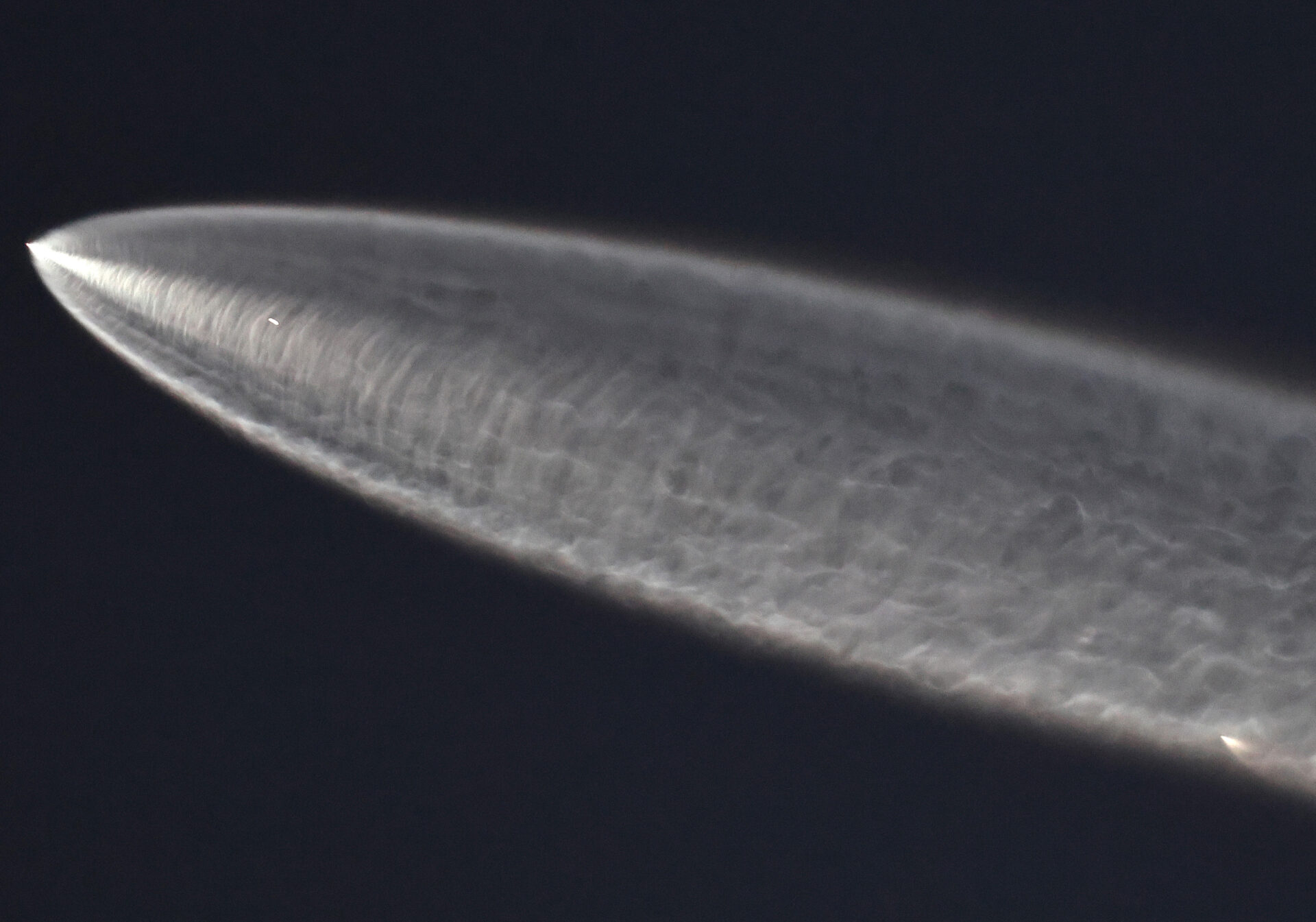Poland, Norway and Turkey to Share Early Warning Radar Data with Russia
Poland, Norway and Turkey to Share Early Warning Radar Data with Russia
 At a news conference held in the town of Białystok (eastern Poland) late on Thursday, April 23, Polish Defense Minister Bogdan Klich unveiled the details of the trilateral initiative by Poland, Norway and Turkey to share early warning radar data with Russia. As envisioned, a command-and-control center will be set up in Warsaw to receive data on airborne threats from three early warning radars in Poland, Norway and Turkey. The Warsaw-based command center will then exchange data on airborne threats with Moscow. Klich considers the planned construction of center in Warsaw “an important element of cooperation with our partners in the East,” which underscores that the dialogue between Poland and Russia is “not only political.”
At a news conference held in the town of Białystok (eastern Poland) late on Thursday, April 23, Polish Defense Minister Bogdan Klich unveiled the details of the trilateral initiative by Poland, Norway and Turkey to share early warning radar data with Russia. As envisioned, a command-and-control center will be set up in Warsaw to receive data on airborne threats from three early warning radars in Poland, Norway and Turkey. The Warsaw-based command center will then exchange data on airborne threats with Moscow. Klich considers the planned construction of center in Warsaw “an important element of cooperation with our partners in the East,” which underscores that the dialogue between Poland and Russia is “not only political.”
Subsequently commenting on Klich’s statement the Polish Defense Ministry spokesman Robert Rochowicz noted that this was “a trilateral initiative by Poland, Norway and Turkey” without providing additional details.
The reaction of the United States has been pointedly muted thus far. According to the Russian news agency RIA Novosti, the U.S. military abstained from making comments other than to state that “the matter should be discussed with NATO officials.” This raises questions regarding the level of NATO endorsement of the trilateral initiative.
Meanwhile, Russia’s envoy to NATO, Dmitry Rogozin responded positively by hailing the trilateral initiative “as an example of practical cooperation, which will restore elements of trust between Russia and the alliance.” Rogozin stated that in a reciprocal gesture Russia will establish a similar center to exchange early warning radar data with NATO.
The leading Russian defense analyst and security expert Pavel Felgenhauer told the Jamestown Foundation blog that while the exchange of radar data is technically feasible, it is politically sensitive and depends largely on the overall atmosphere of East-West relations. Felgenhauer pointed out that Russia and United States agreed to establish a joint U.S.-Russian global missile launch early warning center years ago (in accordance with the provision regarding the creation of the Joint Data Exchange Center of the U.S.-Russian Strategic Stability Cooperation Initiative signed by Presidents Bill Clinton and Vladimir Putin on September 6, 2000), but it failed to materialize. In addition, it is not clear what info will the proposed command center in Poland share with Russia and what will Moscow send in return. Felgenhauer noted that the Russian military, following its old habits, is likely to view any radar data received from Poland as “deliberately planted malicious disinformation,” and the existence of the NATO center in Warsaw as more evidence of NATO encirclement of Russia.
[Photo Credit: Defense Minister Bogdan Klich viewing Polish troops. February 11, 2009. Photo courtesy of Rzeczpospolita/Seweryn Sołtys/Źródło: Fotorzepa.]

